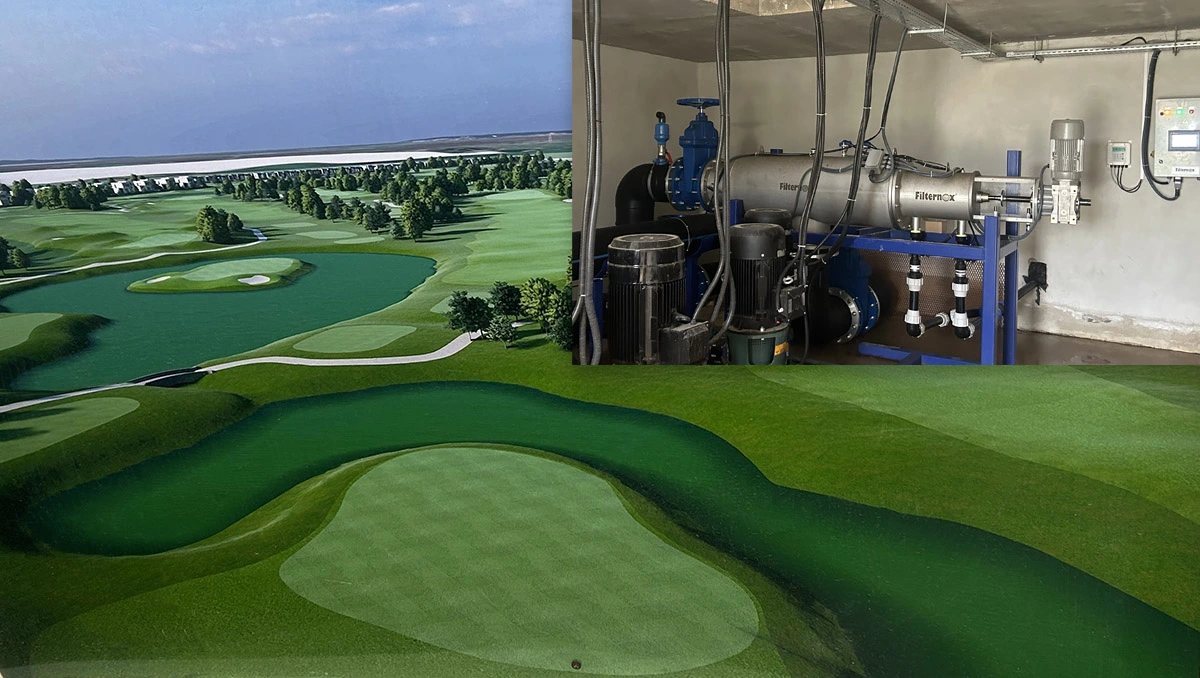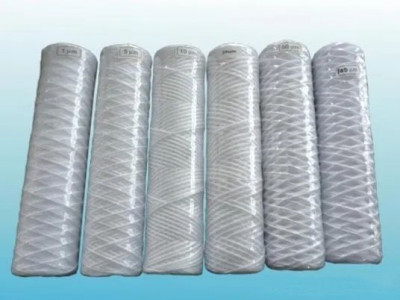Water treatment plays a crucial role in maintaining the health and sustainability of golf courses. As one of the largest consumers of water among recreational facilities, golf courses have a responsibility to ensure that their water usage is efficient, environmentally friendly, and meets quality standards.
Proper water treatment offers numerous benefits for golf courses. Firstly, it helps maintain optimal turf conditions by providing clean and high-quality water for irrigation. This leads to healthier grass, improved playability, and enhanced aesthetics of the course. Additionally, treating water effectively reduces the risk of diseases and pests that can damage the turf, ensuring its longevity.
From an environmental perspective, golf course water usage has a significant impact on local ecosystems. By implementing effective water treatment strategies, golf courses can minimize their ecological footprint. Properly treated water reduces the potential for runoff pollution, protecting nearby streams, rivers, and groundwater sources from contamination with chemicals or excess nutrients.
Golf courses often face various water quality issues due to factors such as source water contamination or improper maintenance practices. Common problems include excessive levels of dissolved solids, algae growth, pH imbalances, and high levels of sediment or suspended solids. These issues can negatively affect turf health and complicate irrigation system operation if not addressed promptly.
Understanding the water treatment process is essential for effective management in golf courses. The source of water for irrigation varies depending on location but typically includes surface waters like lakes or rivers as well as groundwater sources such as wells. Pre-treatment processes are necessary to remove debris, sediments, and organic matter before filtration begins.
Filtration systems used in golf courses are designed to remove impurities from the pre-treated water. Different types of filtration systems are employed based on specific needs and budget considerations. Common options include sand filters that trap particles through physical filtration and media filters that use layers of granular materials to remove contaminants.
To implement effective water treatment strategies, monitoring and maintaining water quality standards are crucial. Regular testing and analysis of water samples help ensure that the treatment process is working effectively and that the water meets required quality parameters. This allows for timely adjustments and corrective actions if any issues arise.
Efficient irrigation practices are also vital for conservation and cost-savings. Golf courses can adopt technologies like soil moisture sensors, weather-based irrigation controllers, or drip irrigation systems to optimize water usage. These tools help prevent overwatering, reduce runoff, and promote water conservation without compromising turf health.
In line with sustainability efforts, golf courses can choose to use sustainable and environmentally-friendly products in their water treatment processes. This includes selecting biodegradable chemicals for disinfection or employing natural filtration methods such as constructed wetlands or vegetative buffers to improve water quality.




